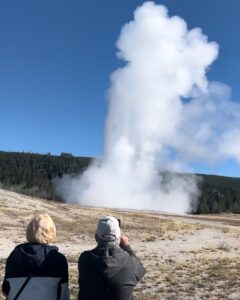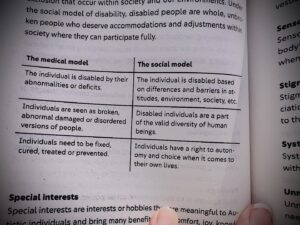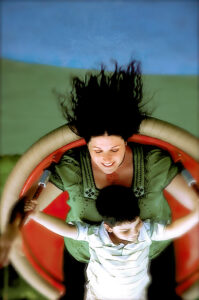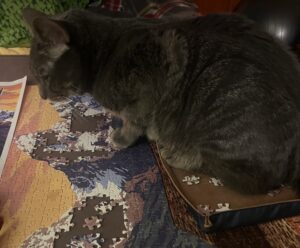One powerful tool that I use with clients is helping them predict what emotions might come up in different situations. Whole optimism is wonderful, but it is not always realistic. We feel nervous, scared, worried, and anxious- and that’s okay. But when we can predict emotions, they’re less of a shock, and we are better…
“Waiting” is one of those words my clients have heard a thousand times by the time they reach young adulthood. “You just have to wait.” But what does that actually mean? We all know that waiting feels easier when we’re doing something so I came up with a new word: Dwaiting. 💡 Dwaiting = Doing…
It’s been such a joy in session this month. One of my clients is finally landing in a felt sense of “I.” After years of deferring to others or hinting at what he might want, he’s now saying, “I want” and “I think”, from what he calls his own “place of power.” 💬✨ We’ve spent…
🌻 It feels more important than ever to speak up about what people in power are saying — especially when their words directly affect disabled and neurodivergent people and communities. I’m currently taking a break and reading We’re All Neurodiverse by Sunny Jane Wise, and it’s really resonating. By page 20, they’re already mentioned and…
🔑 One of the most powerful things I teach my clients?How to have a relationship with their amygdala. ✨This little part of the brain is essential for survival—it scans for differences and sounds the alarm. But sometimes, it jumps in fast and strong, hijacking our response before the prefrontal cortex (our thinking brain) can weigh…
In some behavior programs, there’s a concept called “prompt fading” —It’s when adults slowly pull back support so a person “learns” to do things on their own. But here’s the thing 👇 ⸻ 🚨 For many of the kids I work with, this feels like abandonment.They can feel when support is being pulled — but…
“I believe that everyone in this world wants to feel good, do good, learn new things and achieve their goals. If this is not happening, I want to know why, and if you are here, you are asking that same question.” – Elizabeth Cambier
I’ll never forget the day I realized that being brave means being scared. It completely changed my perspective. True bravery is staying grounded even when fear shows up. Lately, I’ve been reflecting on the word flexibility. To really be flexible, you have to get comfortable with discomfort or even disappointment. This is what I’m helping…
One powerful tool I use with clients is helping them predict what emotions might come up in different situations. While optimism is wonderful, it’s not always realistic. We feel nervous, scared, worried, anxious—and that’s okay. But when we can predict these emotions, they’re less of a shock, and we’re better prepared to handle them. That…
This past week, I noticed something interesting and shared it with a parent. They mentioned there might be a term for it—so I did some digging, and it’s called The Let Down Effect. 💡 What is it?The Let Down Effect happens when your body reacts to the end of a stressful event (like holidays, big…










